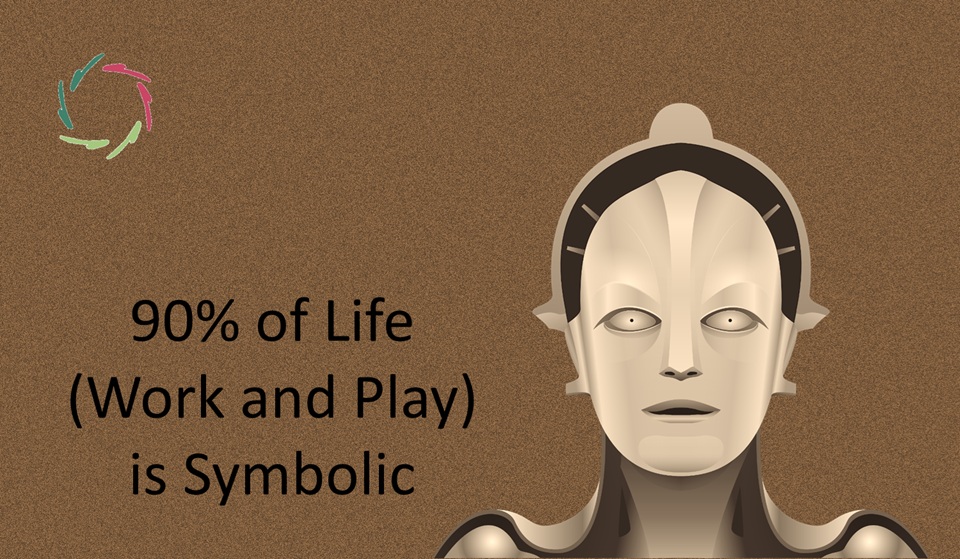Other Consequences

One throws a heavy ball into the air and says: “Look, I made the ball lighter!” Then it falls on one’s head or worse: on someone else’s. This way, one knows there are other consequences.
What’s in your mind?
Serial processing: one thing after another, like one long and structured sentence. This is not real.
Parallel processing: (very) many things are happening together, of which a few are conscious. This is real. [see: “Human Brain: Giant Pattern Recognizer”]
Making this distinction has consequences. Not making it has other consequences, of which also (very) many important ones.
Many people are shortsighted
not knowing or caring for any consequences apart from what happens in a straightforward way. Evolutionarily, one can see in this the always present need for an animal’s survival. Instincts are pre-dispositions that enable the animal to surpass this immediate need, although in quite inflexible ways. They are one step in a long evolution.
We, humans, have ‘instincts-between-brackets’ in much more flexible ways, due to the size of our brain and the way we use our many neurons. It comes at a cost but at least, flexibility is the reward.
Nevertheless, we are drawn to what is ‘cognitively straightforward’, frequently valuing direct consequences (the ball goes up) much more than less direct consequences (the ball comes down again).
Ever more
What happens: people run and run in a seemingly straightforward direction, investing a lot of effort and resources. Thus, it becomes ever harder to even think that it might be the wrong direction. This, of course, doesn’t diminish the other consequences.
Even more so when it’s done in a group.
Other consequences
are mainly related to nonconscious processing, which is of course in the human world: everything. Consequences are immense and present in many domains. Reading AURELIS-blogs may give you some idea.
It is striking though how little interest there generally is for even huge consequences ‘outside of the box.’ As if many people – including those who should be interested, say: because of their profession – in the end just don’t ‘care’ for other consequences, depending on the ‘other-ness’. Things that fall out of the customary box really do so… completely.
Even if invisible to the blind, other consequences are real.
Is that bad?
An example of ‘other consequence’ is health at long term. Psychosomatic symptoms mainly ask for positive, real, deep, meaningful attention [see: “deep attention”]. Trying to ‘kill the symptom’ – as in ‘painkiller’ and almost all medication starting with ‘anti’ – is hardly such kind of attention. ‘Other consequences’ in such cases are quite different from the directly observable ones.
Care
It’s not that many people plainly don’t care. They don’t see. They are not looking. Thus, they don’t see that they should care.
This is a vicious circle. It doesn’t end by itself. What to do? One can analyze and keep analyzing and get stuck into…
analysis paralysis.
Not ideal.
But if one would otherwise run into the wrong direction, then may paralysis be the better solution?
Of course, you don’t need to think of this all day long. But: taking it explicitly into account now and then would already make a different you, a different world, a different future.
It’s probably one of the most important choices.


